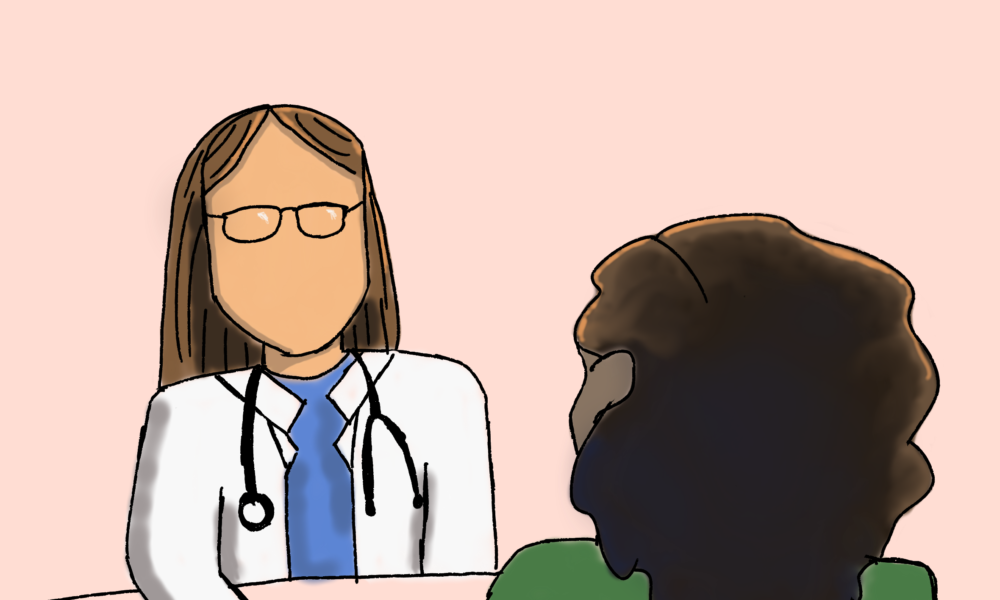As social polarization increases around the globe, attitudes that justify the use of violence grow alongside it. Deradicalizing both potential and convicted offenders of violent extremism—violence motivated by ideological, political, or religious agendas—thereby continues to be important for preventing the perpetuation of hate.
In a recent study, Cécile Rousseau, professor in McGill’s Division of Social and Transcultural Psychiatry, and her colleagues interviewed patients at the Polarization Clinic—a Montreal-based centre focused on deradicalizing individuals at risk or found guilty of committing acts of violent extremism. Through their conversations, Rousseau determined how patients perceived the services they were receiving.
“One of the things we discovered in this study is how much [patients] had experienced hardship, failures, and hurt in not being heard, and feeling that socially, in their families and within their surroundings, they didn’t have a voice,” Rousseau said in an interview with The Tribune.
From the patients’ perspectives, there were three main outcomes from this program that helped them disengage from their violent ideations and ultimately integrate back into society. First, these services allowed patients to openly express their views to a clinician without feeling judged. Over time, this perceived lack of judgement helped foster trust in the clinician-patient relationship. Second, it helped them repair broken social connections, allowing them to mitigate interpersonal conflicts and ultimately reduce feelings of isolation. Finally, it helped patients regulate their emotions, particularly anger, enabling them to distance themselves from violent impulses.
Despite the hateful ideologies that many of their patients subscribe to—with many holding far-right, white-supremecist, and religious-extremist beliefs—the clinic’s main goal is not to change the beliefs outright, but rather, to address the underlying emotional wounds that fuel such views in the first place.
“[The study’s participants] have undergone a lot and they’ve become bitter, and they’ve become desperate: Despair and rage go together and, in fact, hate protects from fear,” Rousseau said. “I do not, of course, endorse the hate, but we listen and we try to understand the fear under the hate. We try to reach a person beyond what we may condemn, and I think that’s what makes a difference.”
Many of the patients had experienced bullying and social rejection throughout their lifetime, which had ultimately led to social isolation. Some turned to online communities to soothe their distress; however, this merely furthers existing polarization rather than truly relieving this feeling of loneliness.
“Online, you are rewarded because you meet people who think like you, who have the same grievances, and you can say, ‘I’m not alone. I’m with people who are just like me,’” Rousseau said. “You can construct an online narrative. But online, the relations are not like they are in person [….] The problem is that when you prefer your life online, it means you begin creating a distance with life, and there you have a link with the legitimization of violence.”
In future studies, Rousseau intends to explore how the families and significant others of patients in this clinic view the effectiveness of these deradicalization programs.
“Questioning our work and our perspective and triangulating perspectives, I think is important. So nobody has the whole truth—not our patient, nor their family, nor us. We have to cross gazes,” Rousseau said.
Rousseau noted, however, that our current healthcare system is not equipped for this model of clinical deradicalization. To further the impact of such clinics and research, we must change our perspective on this issue on a societal level, rather than simply an individual one.
“Is it worth doing the work? We think, yes, you know, for just one attack or one mass killing that you can prevent, it’s worth doing the work. But as a society, we need to say, ‘This is important to do and we should address this form of fear in youth,’ and not just think of them as criminals, because punishing this fear is terribly dangerous,” Rousseau said.









